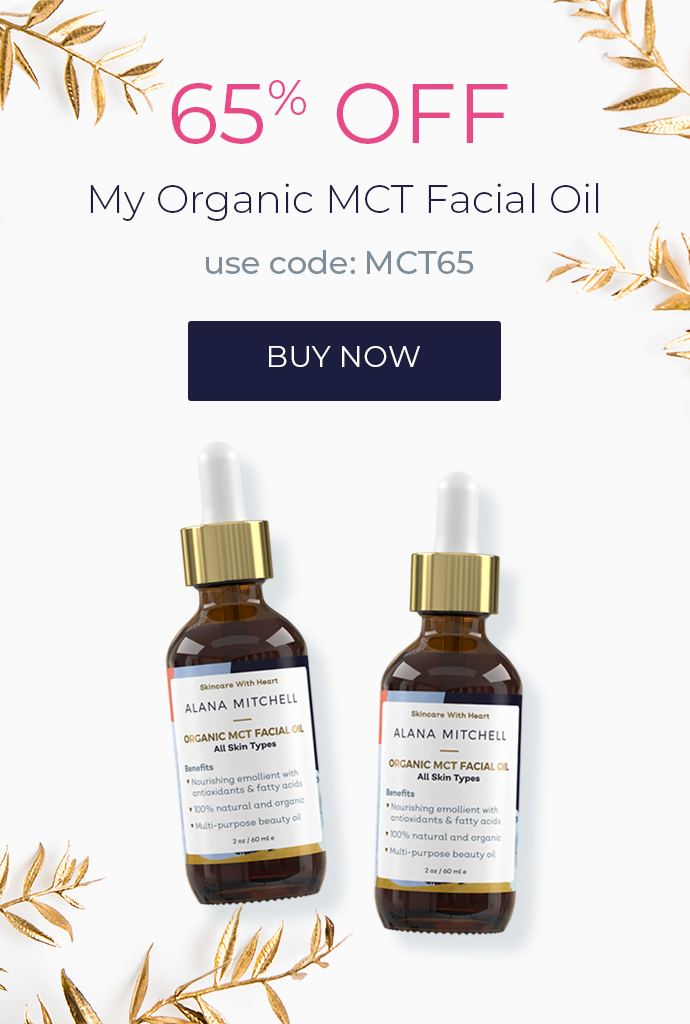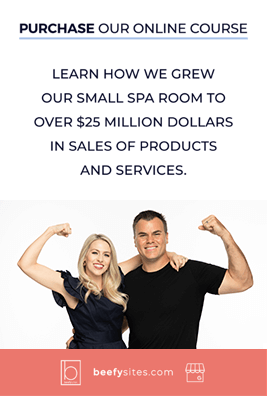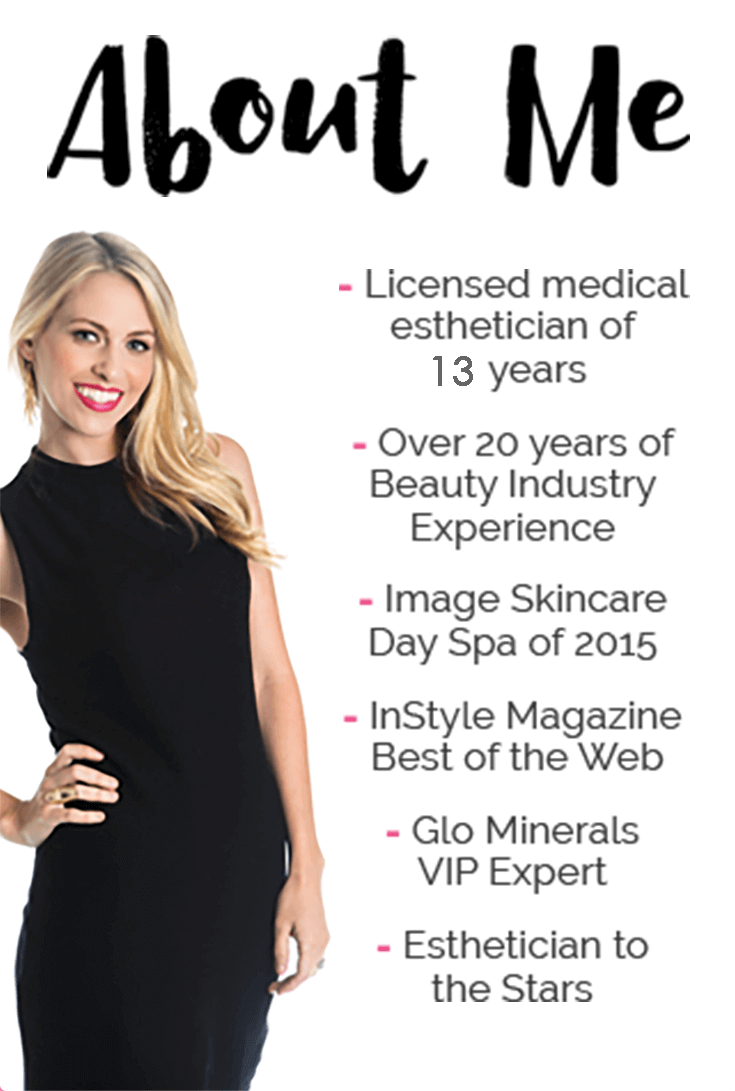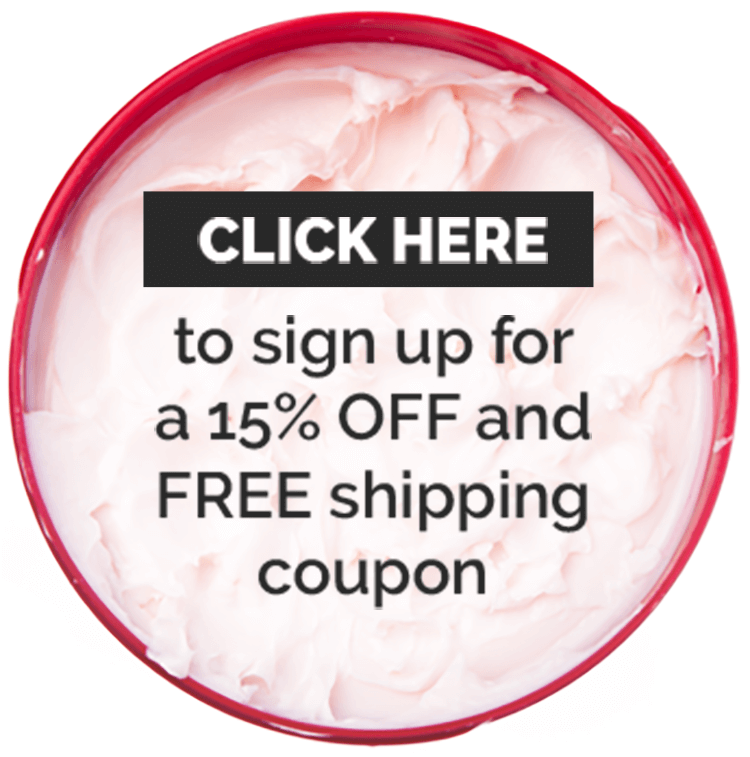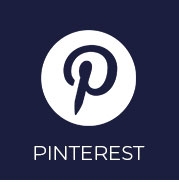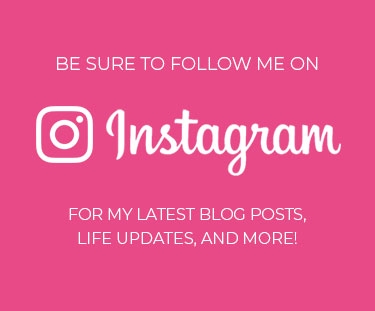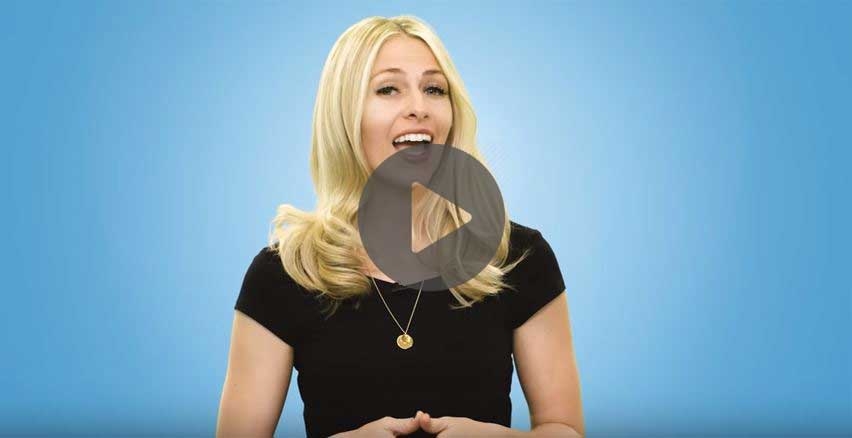What Should You Be Using In Your Skin Care Routine?
Take my quiz and get personalized recommendations from a
licensed esthetician!
Are Beauty Brands Tricking You into Buying Their Products?
If you’ve spent any time here, you know that I’m always saying that a solid skincare routine (combined with a healthy lifestyle) is the foundation of great skin.
If you’re new here, welcome and thanks for visiting!

Shutterstock
I think it’s safe to say we’re all using skincare products (hopefully) and/or cosmetics of some type.
Whether you’re going the all-natural route and slathering coconut oil on everything, or you’ve got a regimented beauty arsenal of products that could rival a department store counter, we’re all opening our wallets to purchase items to treat and beautify our skin.
And, I mean all of us. A 2016 study found that Americans are spending beaucoup bucks on cosmetics with skincare, haircare and makeup comprising the top three spots.


Did you ever wonder what influences your cosmetic purchases?
But, when it comes to skincare and cosmetics, are brands and advertisers using tricks to get us to buy their goods?
YES! Gasp, that is shocking! (Just kidding, of course they are.)
Today, I’m going to uncover some of the tricky tactics the cosmetic industry uses on consumers so you can stay informed and make sure you’re making your purchasing decisions for the right reasons!
Beauty Brand Marketing Tricks to Look Out For
Science-izing
Yes, I may have made up that word, but hear me out.

Brands will sometimes try to science up their products by using clinical-sounding words and packaging
As Nikki Stopford, Director of Research at The Consumer Research Group explains, “Using a scientific-sounding term makes the product seem technically superior to others and makes the brand seem like it has a scientific basis and is, therefore, effective.”
Things to Look Out For
Medical-Looking Packaging - Bottles that look like test tubes, labels or packages that include a medical or first aid cross, or feature type that looks like Rx suggesting that it’s a prescription-strength formula even though it’s sold over the counter.
Science Lingo - If the product description includes a lot of indecipherable or vague words like “biomolecular” or “cellular microtechnology” when talking about face cream, it might be an attempt to embellish the product’s abilities or confuse the buyer.
Beauty Scientists - Those beauty consultants behind a department store counter who are referred to as “techs” or a “clinicians,” or are wearing a white lab coat or scrubs.
While they may be licensed cosmetologists, unless you’re in an esthetician’s or dermatologist’s office, you might want to be skeptical of anyone at a makeup counter who is posing as a medical professional.
Misleading Packaging
A lot of thought goes into the labels and packaging of products (there’s a whole science behind the colors, fonts, etc. that people respond to).

Brands are competing to catch your eye when you’re scanning the pages of a magazine or the shelves in the skincare aisle.
Sometimes, they’ll include some misleading tricks to win your attention and get you to give up real estate on your counter for their product.
Things to Look Out For
Package Design That Makes Products Look “Natural”- Pictures on packages such as leaves, plants or flowers can automatically make the consumer think products are natural or include botanical ingredients even if they don’t.
A similar tactic is to use earth tones in the packaging palette to evoke a feeling that the product is natural or eco-friendly (think browns and greens of “natural” brands compared to the bright colors of those marketed to teens) .
Let ingredients, not packaging, make your buying decisions.
Beware of “New” - This is not a blanket statement. Sometimes, new beauty or skincare products hit the market, are super fun to try out and end up becoming a cosmetic staple. (Remember when we’d never heard of BB cream?)
I’m talking about when a brand slaps the word “new” on a product that’s been around for years just because it features a new package design or the formula has been imperceptibly tweaked, aka “new and improved.”
This use of “new” is a classic advertising trick. There’s even a scientific explanation that shows that when we encounter something new, the novelty lights up the reward centers in our primitive brain, which means we’re hardwired to respond to “new” things.
Implied Ingredients vs. Actual Ingredients - Always check out the list of ingredients of the product you’re buying. This is important for a couple reasons:
1. Ingredients are listed in descending order. Meaning, whatever ingredients are in largest amounts will be listed at the beginning and whittle down to the least at the end.
So, if a product claims it features some all-star ingredient, such as argan oil, make sure it doesn’t just include it in trace amounts.
Note: Some very potent ingredients might only require small amounts because they’re so powerful, such as 2% salicylic acid. However, if that is the case, they should appear as “active ingredients.”
2. Just because a product claims it “includes” an ingredient, doesn’t mean it’s a main one. For instance, a shampoo may boast that it contains “fruits and botanicals,” but they might just be included under “fragrance.”
Buzz Words
With the ever-expanding glossary of beauty terms floating around out there, it’s hard to know what they actually mean and if they can be trusted.

This is further complicated by the fact that cosmetics are largely unregulated by the FDA, which only pays close attention to any product defined as a “drug,” meaning anything that claims to treat or cure skin conditions (such as sun block or acne treatments).
Otherwise, cosmetics can use this loophole to spout a variety of loose claims and words to get your attention.
For instance, a study by the market research firm, The Benchmark Company, found that 35% of women they surveyed choose skincare products based on the claim that they’re “dermatologist tested,” and 50% believe “dermatologist tested” products are guaranteed to work.
The problem is that “dermatologist tested” does not equal “dermatologist approved.” Plus, this claim doesn’t carry much weight because it’s not verifiable!
A survey by Field Agent ranked the words ladies look for and respond to most when shopping for products.

Buzzwords to Look Out For
- Natural - This is one of the hardest words to nail down because its definition has a loose interpretation. It can mean everything from “actually found in nature”, to “created in a lab to mimic something found in nature.” Again, make sure and refer to the ingredients list before buying a product.
- Botanical - An actual botanic is technically an ingredient that is derived from a plant. But, again, “botanical” may be used in advertising to refer to something that is synthetic but acts similar to a plant-based ingredient.
- Organic - This is a biggie these days. “Organic” is another one of those terms that’s thrown around, but isn’t necessarily verifiable. Are all the ingredients organic, or just some? What is the brand’s definition of “organic”? If you want to be safe, look for the words “certified organic” with a little logo, or “100% organic.”
- Active Ingredients - As I mentioned, if a product features an active ingredient to get your attention, make sure the ingredients back up the claims. For instance, if you’re buying a charcoal mask, then “activated charcoal” better be listed under active ingredients or at the top of the ingredients list, or it’s not worth your money.
- Instant Results - Keep in mind that “instant results” aren’t the same as “long-term results.” Meaning, you may use a product that gives you instant moisture, or has a quick-acting firming effect, but those results may fade after a few hours and require reapplication. Check a product to make sure it specifies whether its “instant” effects are long lasting or short term.
- Hypoallergenic - Another one of those very general terms that doesn’t refer to any specific allergy or skin reaction. While a product claiming to be “hypoallergenic” is probably less likely to cause you allergy problems, it doesn’t mean “guaranteed no allergic reaction.” If you have allergy issues, consult the ingredients list, or call the product’s customer service to address any specific concerns.
Social Media
In this tech-savvy age, many brands are turning to social media as a method of advertising.

Pexels/Stokpic
Instagram and Facebook posts are used to create buzz, and products are featured in beauty vlogs and tutorials.
Social media advertising is effective for a couple reasons.
First, new content. Remember when I mentioned that our brains naturally have a positive response to new things? Well social media feeds this addiction by constantly churning out new content.
If you follow a beauty brand on social media, they might post multiple times a day. This not only keeps your attention, it keeps their name in the front of your mind. Who are you most likely to think of during your next product purchase?
Second, word-of-mouth. The very nature of social media is that it’s, well, social. When a second party individual (aka, someone you follow) posts about a product talking about how great it is, it legitimizes it in our minds. Like, when your best friend recommends a product.
Things to Look Out For
The problem with social media advertising is that it’s just that. Advertising disguised as a friendly recommendation.
Because social media has made everyone from strangers to celebrities more accessible, when someone posts a pic of a product and calls it “life-changing,” we feel like we’re getting advice from a friend.
Plus, we trust celebrities. Logic tells us, “Well they could use any product in the world, and they use this one, so it must be the best!”
The reason this is no bueno is because there’s no way to tell if those beauty experts, celebs, and strangers really love those products, or if they’re being paid to advertise them.
And, anyway, just because a product works or is promoted by a famous face doesn’t necessarily mean it will work for your skin type or skincare needs.
Final Thoughts
The bottom line is, when buying skincare products, don’t let fancy packaging, loud buzzwords, or someone who’s internet famous sway you or determine or purchase decisions.
You have to listen to the needs of your skin and seek out ingredients that will help you take the best care of it. When it comes to skincare, you gotta do you!
Have you ever bought a skincare/cosmetic product because of a sales gimmick and turned out to be disappointed with your purchase? (I think we all have at some point.) Share your experience with us in the comments section!
Top Brands
New Brands
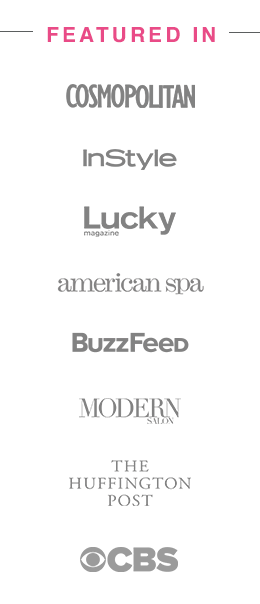
Recent Posts
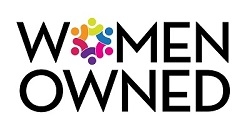
Are You Taking the Right Steps to Care for Your Skin?
Take the Quiz
Skincare Secrets!
10-step guide for healthy, beautiful skin after kids.
100% privacy. I will never spam you!


